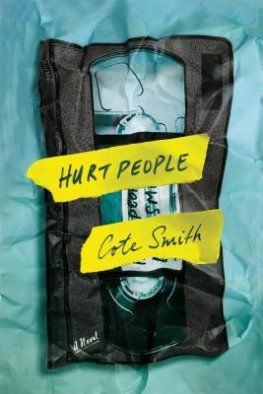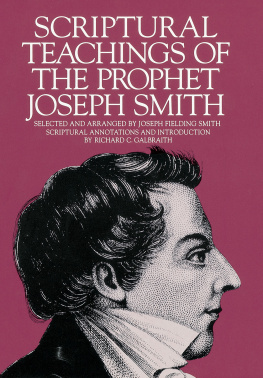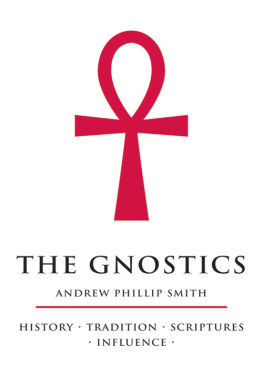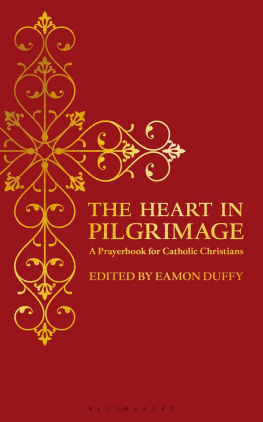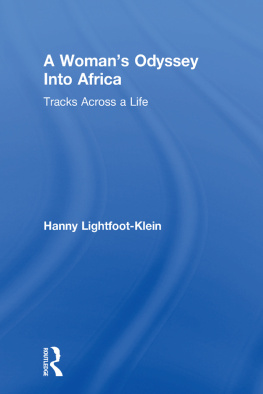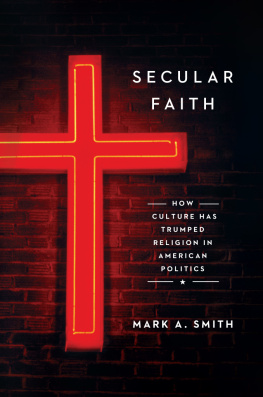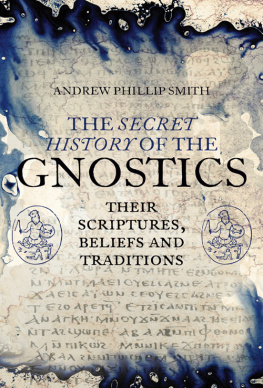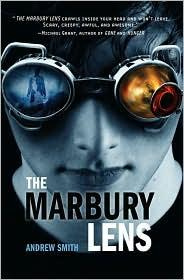Andrew Michael Hurley
The Loney
While they were going out, a man who was demon-possessed and could not talk was brought to Jesus. And when the demon was driven out, the man who had been mute spoke. The crowd was amazed and said, Nothing like this has ever been seen in Israel. But the Pharisees said, It is by the prince of demons that he drives out demons.
Matthew 9:32-34
And what rough beast, its hour come round at last,
Slouches towards Bethlehem to be born?
Yeats
It had certainly been a wild end to the autumn. On the Heath a gale stripped the glorious blaze of colour from Kenwood to Parliament Hill in a matter of hours, leaving several old oaks and beeches dead. Mist and silence followed and then, after a few days, there was only the smell of rotting and bonfires.
I spent so long there with my notebook one afternoon noting down all that had fallen that I missed my session with Doctor Baxter. He told me not to worry. About the appointment or the trees. Both he and Nature would recover. Things were never as bad as they seemed.
I suppose he was right in a way. Wed been let off lightly. In the north, train lines had been submerged and whole villages swamped by brown river water. There had been pictures of folk bailing out their living rooms, dead cattle floating down an A road. Then, latterly, the news about the sudden landslide on Coldbarrow, and the child theyd found tumbled down with the old house at the foot of the cliffs.
Coldbarrow. There was a name I hadnt heard for a long time. Not for thirty years. No one I knew mentioned it anymore and Id tried very hard to forget it myself. But I suppose I always knew that what happened there wouldnt stay hidden forever, no matter how much I wanted it to.
I lay down on my bed and thought about calling Hanny, wondering if he too had seen the news and whether it meant anything to him. Id never really asked him what he remembered about the place. But what I would say, where I would begin, I didnt know. And in any case he was a difficult man to get hold of. The church kept him so busy that he was always out ministering to the old and infirm or fulfilling his duties to one committee or another. I could hardly leave a message, not about this.
His book was on the shelf with the old paperbacks Id been meaning to donate to the charity shop for years. I took it down and ran my finger over the embossed lettering of the title and then looked at the back cover. Hanny and Caroline in matching white shirts and the two boys, Michael and Peter, grinning and freckled, enclosed in their parents arms. The happy family of Pastor Andrew Smith.
The book had been published almost a decade ago now and the boys had grown up Michael was starting in the upper sixth at Cardinal Hulme and Peter was in his final year at Corpus Christi but Hanny and Caroline looked much the same then as they did now. Youthful, settled, in love.
I went to put the book back on the shelf and noticed that there were some newspaper cuttings inside the dust jacket. Hanny visiting a hospice in Guildford. A review of his book in The Evening Standard. The Guardian interview that had really thrust him into the limelight. And the clipping from an American evangelical magazine when hed gone over to do the Southern university circuit.
The success of My Second Life with God had taken everyone by surprise, not least Hanny himself. It was one of those books that how did they put it in the paper? captured the imagination, summed up the zeitgeist. That kind of thing. I suppose there must have been something in it that people liked. It had bounced around the top twenty bestsellers for months and made his publisher a small fortune.
Everyone had heard of Pastor Smith even if they hadnt read his book. And now, with the news from Coldbarrow, it seemed likely that they would be hearing of him again unless I got everything down on paper and struck the first blow, so to speak.
If it had another name, I never knew, but the locals called it The Loney that strange nowhere between the Wyre and the Lune where Hanny and I went every Easter time with Mummer, Farther, Mr and Mrs Belderboss and Father Wilfred, the parish priest. It was our week of penitence and prayer in which we would make our confessions, visit Saint Annes shrine, and look for God in the emerging springtime, that, when it came, was hardly a spring at all; nothing so vibrant and effusive. It was more the soggy afterbirth of winter.
Dull and featureless it may have looked, but The Loney was a dangerous place. A wild and useless length of English coastline. A dead mouth of a bay that filled and emptied twice a day and made Coldbarrow an island. The tides could come in quicker than a horse could run and every year a few people drowned. Unlucky fishermen were blown off course and ran aground. Opportunist cocklepickers, ignorant of what they were dealing with, drove their trucks onto the sands at low tide and washed up weeks later with green faces and skin like lint.
Sometimes these tragedies made the news, but there was such an inevitability about The Loneys cruelty that more often than not these souls went unremembered to join the countless others that had perished there over the centuries in trying to tame the place. The evidence of old industry was everywhere: breakwaters had been mashed to gravel by storms, and wooden jetties reduced to rotten black struts way out in the sludge. And there were other, more mysterious structures remnants of jerrybuilt shacks where they had once gutted mackerel for the markets inland, beacons with rusting fire-braces, the stump of a wooden lighthouse on the headland that had guided sailors and shepherds through the fickle shift of the sands.
But it was impossible to truly know The Loney. It changed with each influx and retreat of water and the neap tides would reveal the skeletons of those who thought they had read the place well enough to escape its insidious currents. There were animals, people sometimes, the remains of both once a drover and his sheep cut off and drowned on the old crossing from Cumbria. And now, since their death, for a century or more, The Loney had been pushing their bones back inland, as if it were proving a point.
No one with any knowledge of the place ever went near the water. No one apart from us and Billy Tapper that is.
***
Billy was a local drunk. Everyone knew him. His fall from grace to the bare floor of failure was fixed like the weather into the mythology of the place, and he was nothing short of a gift to people like Mummer and Father Wilfred who used him as shorthand for what drink could do to a man. Billy Tapper wasnt a person, but a punishment.
Legend had it that he had been a music teacher at a boys grammar school, or the head of a girls school in Scotland, or down south, or in Hull, somewhere, anywhere. His history varied from person to person, but that the drink had sent him mad was universally accepted and there were any number of stories about his eccentricities. He lived in a cave. He had killed someone in Whitehaven with a hammer. He had a daughter somewhere. He thought that collecting certain combinations of stones and shells made him invisible and would often stagger into the The Bell and Anchor in Little Hagby, his pockets chinking with shingle, and try to drink from other peoples glasses, thinking that they couldnt see him. Hence the dented nose.
I wasnt sure how much of it was true, but it didnt matter. Once youd seen Billy Tapper, anything they said about him seemed possible.
We first met him in the pebble-dashed concrete bus stop on the one road that skirted the coastline from Morecambe down to Knott End. It would have been 1973, when I was twelve and Hanny sixteen. Farther wasnt with us. He had gone out early with Father Wilfred and Mr and Mrs Belderboss to look at the stained glass in a village church twenty miles away where there was apparently a magnificent Gothic Revival window of Jesus calming the waters. And so Mummer had decided to take Hanny and me to Lancaster to stock up on food and visit an exhibition of old Psalters at the library for Mummer never missed an opportunity to instruct us on the history of our faith. It looked like Billy was going the same way from the piece of cardboard strung around his neck one of the several dozen that made it easy for the bus drivers to know where he was supposed to be going.


